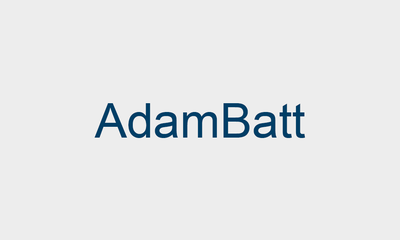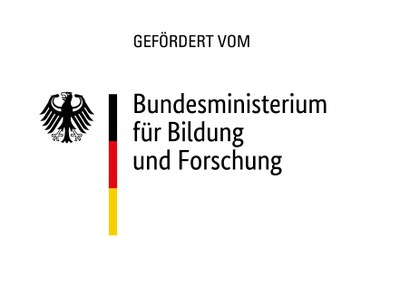
Contact

Dr. Christoph Scheurer
Building 10.3 / Room 414
+49 2461/61-96400
E-Mail
Prof. Dr. Josef Granwehr
Department Head Spectroscopy
Building 10.3 / Room 417
+49 2461/61-96400
E-MailAdamBatt
Advanced materials for use in hybrid solid-state batteries
Among the numerous commercially available battery types, the lithium-ion battery (LIB) stands out as the energy storage system with a high energy/power density, high reliability and a long cycle life. However, the constantly growing demand for more powerful batteries is pushing current battery concepts to their limits. Most battery manufacturers produce batteries with liquid electrolytes, which can lead to serious leakage and corrosion problems that shorten their service life or, in the worst case, even cause fires or explosions. The use of solid electrolytes, which consist of polymers or inorganic materials, not only increases safety, but also offers a high degree of flexibility in the architectural design of the batteries. Although solid-state batteries based on polymer or ceramic ion conductors offer greater safety, they cannot yet keep up with conventional LIBs in terms of performance. This is where the concept of the “AdamBatt” research project comes in.
The goal of the work in the sub-project at Forschungszentrum Jülich is the production and optimization of ceramic materials for use in hybrid solid-state batteries with high power and energy density combined with high intrinsic safety. To this end, the optimization is to be knowledge-based, i.e. a deeper understanding of the ion transport processes at interfaces is to be achieved through a combination of simulations and NMR investigations on hybrid electrolytes.
The verification of atomistic simulations of ion movements in the bulk and at interfaces requires the targeted use of spectroscopic methods that ensure comparability of the results. This characterization is carried out by IEK-9 using NMR.
The overarching approach of experiment-characterization-modelling is intended to develop innovative materials and technologies that will serve as a basis for advancing the commercialization of Li-based solid-state batteries.
Project partners:
• Fraunhofer-Gesellschaft zur Förderung der angewandten Forschung e.V.
• Justus-Liebig-Universität Gießen
• Max-Planck-Gesellschaft zur Förderung der Wissenschaft e.V.
• National Cheng Kung University
• Feng Chia University
• National Sun Yat-Sen University
• Chuang Yuan Christian University
• Metal Industries Reserach and Development Centre

